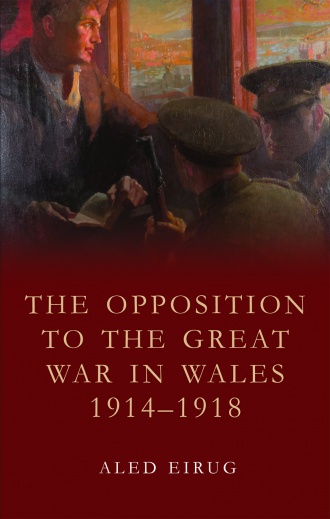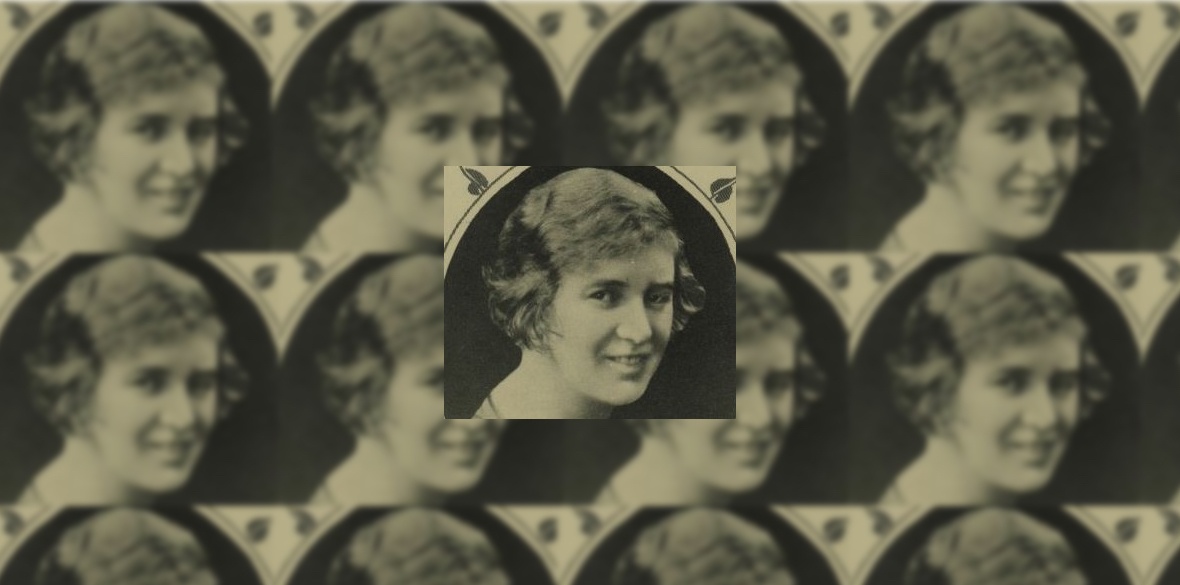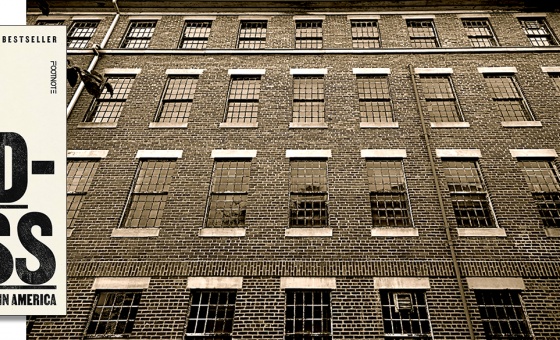This is the last article you can read this month
You can read more article this month
You can read more articles this month
Sorry your limit is up for this month
Reset on:
Please help support the Morning Star by subscribing here
ALED EIRUG has dug long and deep into a treasure trove of archives and surveyed the already published work of historians and propagandists to convincingly challenge the orthodoxy championed by Professor KO Morgan and others that, from the beginning, the Welsh people danced more enthusiastically than any other to the drums of war.

While Eirug’s statistical case, in terms of recruitment figures for England, Scotland and Wales is neither clear nor conclusive, his panoramic and in-depth account of anti-war activity and sentiment — religious, pacifist, socialist and internationalist — certainly is.
What stands out from this authoritative account is the servile treachery of the Welsh petty-bourgeois intelligentsia who, until 1914, dominated Welsh religious, cultural and political life. Led by David Lloyd George, their hegemony over large sections of the working class crashed on the rocks of British imperial jingoism as they sought to demonstrate both their Welsh “patriotism” and their loyalty to the British state and empire.
Most ministers and deacons in the predominant Nonconformist denominations took to the recruitment platforms, peddling anti-German atrocity propaganda and urging Welsh lads to participate in the slaughter of their fellow workers. The Anglicans, in keeping with their history, did likewise.
Yet there were also many honourable and courageous exceptions, as the author recounts. One such was Principal Thomas Rees of Bangor Normal College and, in powerful verse, TE Nicholas railed against the holocaust.
Religious believers and pacifists braved the taunts and violent assaults to organise the anti-militarist resistance through such bodies as the Fellowship of Reconciliation, the No-Conscription Fellowship and the Union of Democratic Control and the National Council for Civil Liberties assembled an energetic coalition of pro- and anti-war elements in the religious and labour movements to oppose the 1916 Military Service Act.
The author uncovers much hitherto unpublished information about the mistreatment of conscientious objectors in work camps and prisons.
Particularly welcome is the fully justified attention given to the overtly political opposition. As the mass killing continued, agitation by the Independent Labour Party, the post-Hyndman British Socialist Party and various Marxist-inclined syndicalists and other socialists such as WF Hay — and his extraordinary pamphlet War! And the Welsh Miner — gained ground. Places such as Merthyr Tydfil, Aberdare and Briton Ferry emerged as strongholds of left-wing, anti-war sentiment.
Nor does Eirug ignore the spectacular role of female campaigners. Buttressed by visits from Sylvia Pankhurst, local socialists such as Agnes Hughes and Minnie Pallister were often among the headline speakers at big anti-war rallies. The latter, in particular, is long overdue a biography that records her splendid contribution to the early Welsh labour movement.
The south Wales coalfield, whose steam coal fuelled Britain’s imperial navy, quickly became a major arena of the anti-war struggle in Britain.
Although the south Wales miners‘ pay strike of July 1915 was not explicitly a protest against the conflagration as such, 156,000 miners would not have defied a storm of hysterical abuse — “traitors,” “fifth columnists” and the “Kaiser's Black Guards” — had they not begun to turn against the mounting death toll and the threat of conscription.
Historians have characterised this momentous action in different ways and this book would have benefited from more extensive coverage and analysis of it.
Eirug considers the impact on anti-war feeling of the February 1917 Russian Revolution and the comb-out ballot campaign. While these produced a reaction that demonstrated the persistence of jingoism and a more moderate but misplaced “patriotism,” they also helped create a higher level of political consciousness that outlasted the continental bloodbath.
Within five years of the end of the Great War, chapel attendance had slumped, Labour had replaced the Liberals as the first party in Wales and the old middle-ground leadership of the south Wales miners was under siege from Marxist militants such as SO Davies, Arthur Horner, Noah Ablett and Arthur Cook.
Working-class politics had replaced class collaboration.
The Opposition to the Great War in Wales is published by University of Wales Press, price £24.99. Robert Griffiths is general secretary of the Communist Party of Britain.








